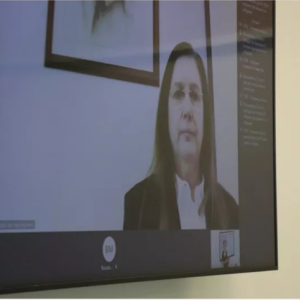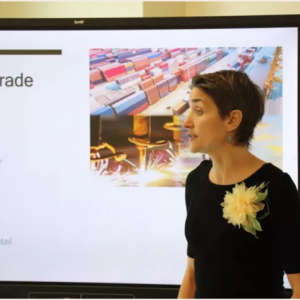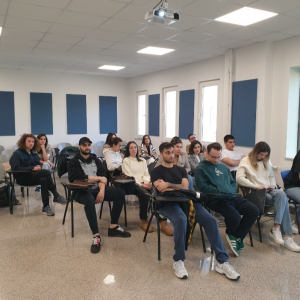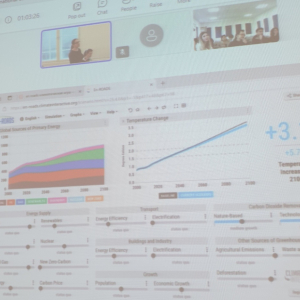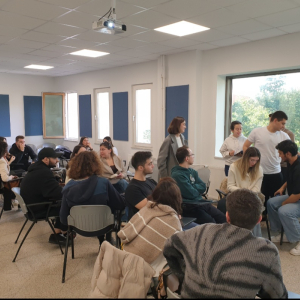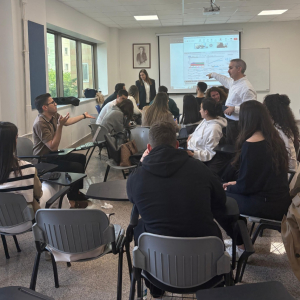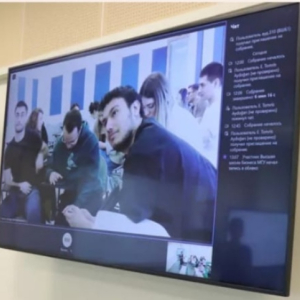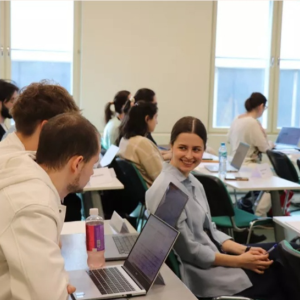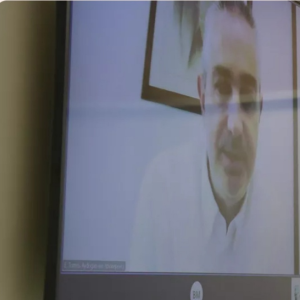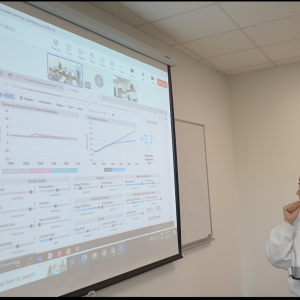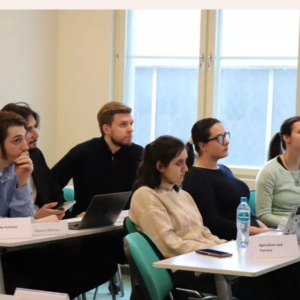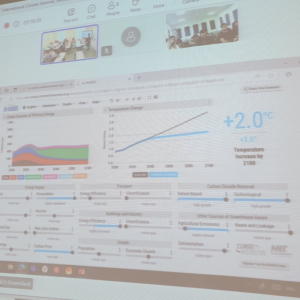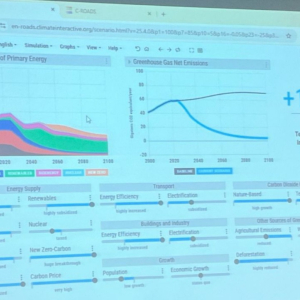COIL Climate Workshop

Yeditepe University
On April 30th, 2025, Yeditepe University Faculty of Economics and Administrative Sciences (FEAS) collaborated with Lomonosov Moscow State University Business School (MSUBS) in a Collaborative Online International Learning (COIL) Climate Workshop. Using the En-ROADS simulator, participants explored how human actions can influence climate change.
The En-ROADS climate change simulator is a sophisticated interactive model jointly developed by MIT, Climate Interactive, and Ventana Systems. This powerful tool allows users to explore the complex interplay of various policy decisions and their long-term impact on global temperatures and ecological health.
The COIL Workshop brought together a diverse and highly interdisciplinary group of students from both Türkiye and Russia. Yeditepe University Rectorate Course SUST301 Sustainable Development’s students from Economics, Public Administration, Political Science and International Relations, Business Administration, Electronic Commerce and Management, Information Systems and Technologies, Management Information Systems, Industrial Engineering, Mathematics, History, Physiotherapy and Rehabilitation, and Public Relations and Publicity departments contributed to the COIL Workshop. We would like to thank FEAS Dean Prof. Elif Erişen for her continuous support and our partner Lomonosov MSUBS for their collaboration.
Each team represented a distinct sector of society, ranging from representatives of the agricultural and industrial sectors to environmental activists and trade organizations. Remarkably, one of the Yeditepe University teams relied entirely on real-time AI-generated recommendations fed into the En-ROADS simulator. Each group proposed its own set of measures to reduce CO₂ emissions and tested their effectiveness against global warming using the interactive model.
The COIL Workshop on Climate Simulation was led by Assoc. Prof. Barış Gençer Baykan and Assoc. Prof. Ebru Tomris Aydoǧan, experts on climate change and sustainable development respectively. The workshop was moderated by Assoc. Prof. Evgenia A. Shvets from the Department of Economics at Lomonosov MSUBS, an expert on green economy and sustainable development.
After a round of discussions, teams from Yeditepe University and Lomonosov MSUBS developed a coordinated action plan that successfully limited global temperature rise to +2°C by 2100. The use of the En-ROADS simulator allowed for real-time feedback, demonstrating the efficiency of proposals and enabling students to iterate their strategies accordingly. The results underscored that only coordinated efforts -combining technological innovation, economic incentives, and policy changes- can deliver lasting effects. Participants emphasized the pivotal role of good governance in transitioning to a green economy, a key takeaway for both Yeditepe University and Lomonosov MSUBS students as future leaders of sustainable development.
